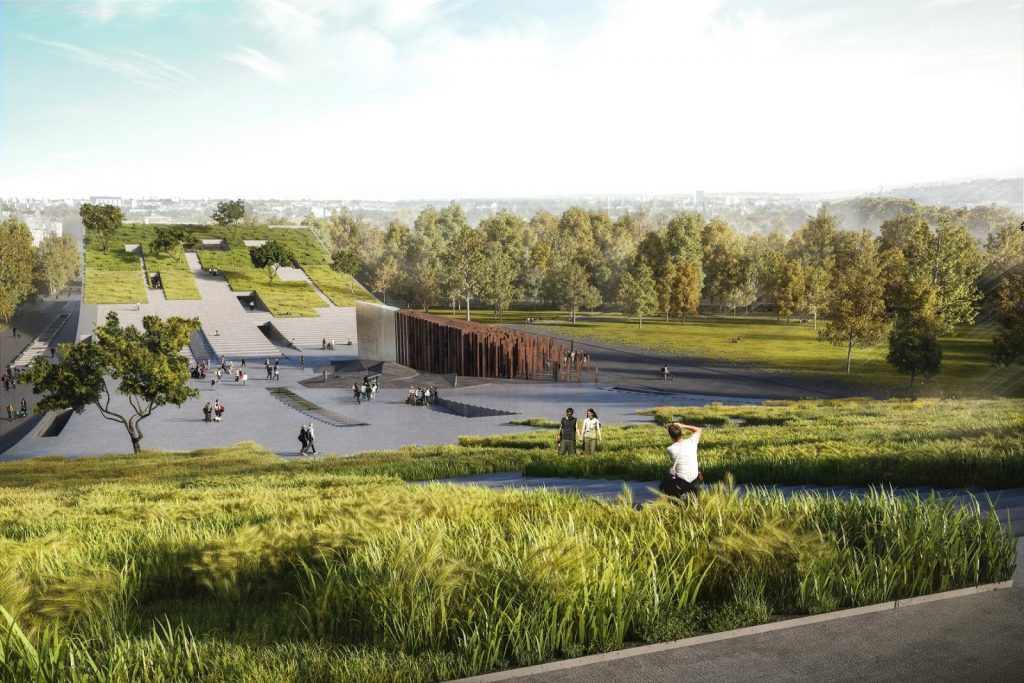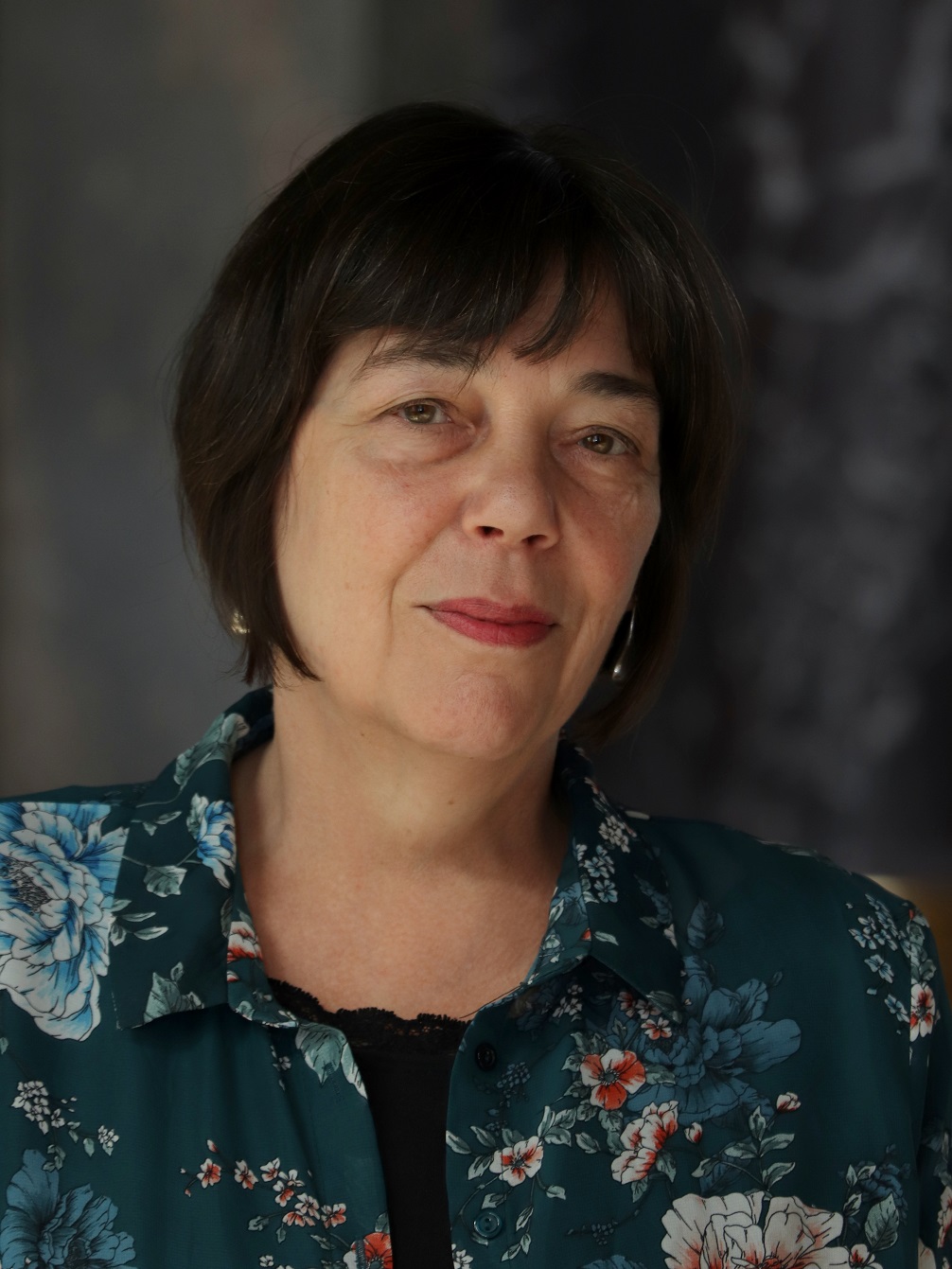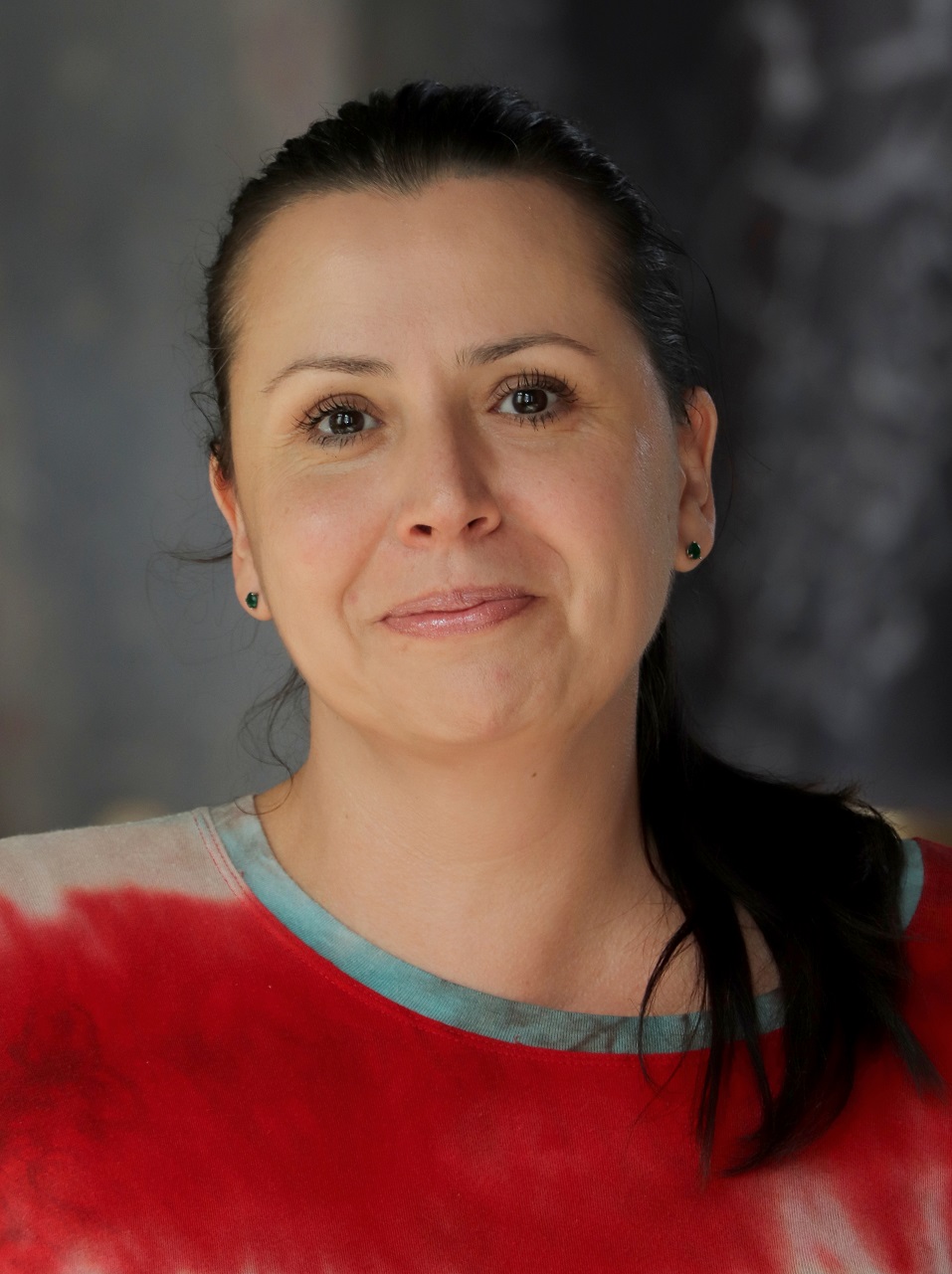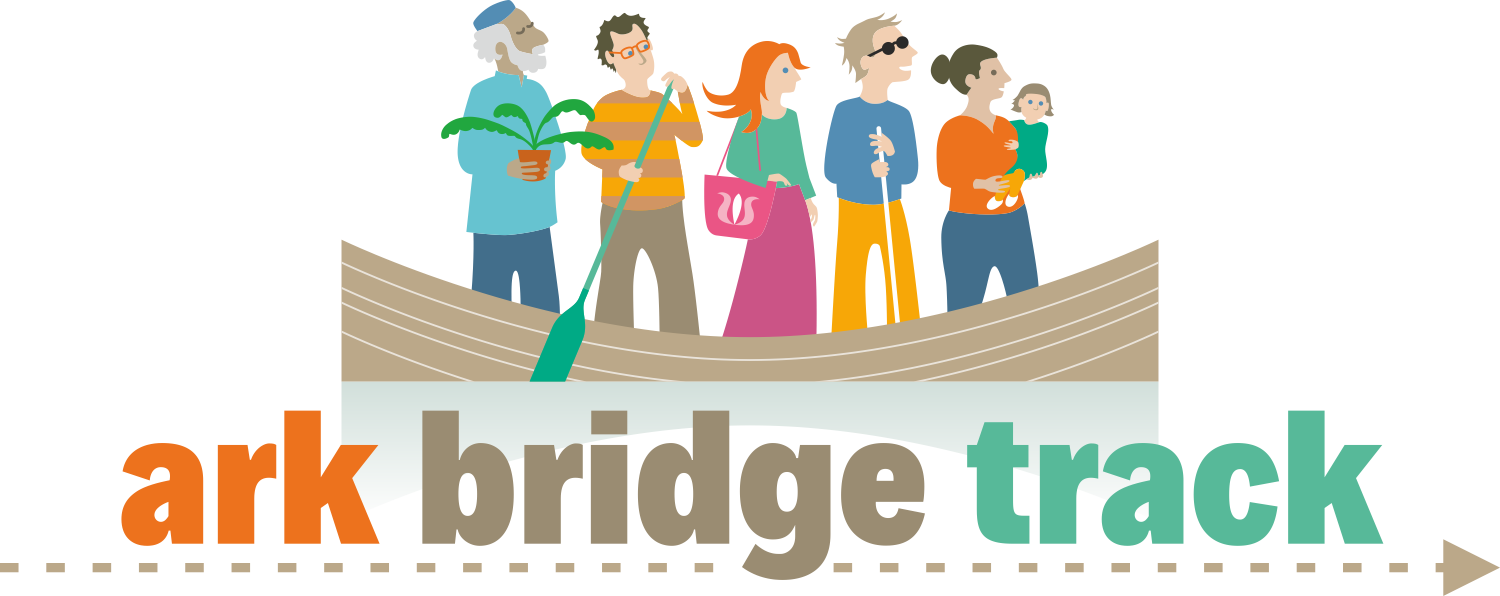
Support for adult learning. Museum andragogy. People-oriented cultural transmission. Why is it timely to speak of these things? Because the inspirations that come to us when we participate in professional forums, meetings with co-workers, and brainstorming sessions strengthen in us a correct evaluation of the significance of the field, and we no longer feel we need to justify the existence of our field or our place in it: surveys both at home, and abroad paint a clear picture of adult society, its needs and demands, and the significant role the museum has to play in this regard.
The way we think about the future, the professional ideas whose contours materialise in the process of setting objectives, the priorities, values, etc. we define all show just what we are committed to by working in the field of adult learning—in the long, as well as the short term. A carefully thought out, consciously constructed system becomes a personal and institutional strategy. The professional experience gained from study tours undertaken within the framework of the Erasmus+ Project—an initiative lasting from 2019 until autumn of 2020—will be harnessed primarily at the Museum of Ethnography itself, with additional uses arising in relation to the work of other professionals facing similar challenges and opportunities. This interface will be used to share valuable information we have collected in the course of our various trips, the blog offering daily updates as to our general impressions, current projects at the institutions visited, and various reports and studies.
As one of Europe’s oldest ethnography museums, the Budapest Museum of Ethnography has been collecting, archiving, safeguarding, and transmitting the traditional and modern cultural asets of Hungarian, European, and extra-European communities since 1872. The Museum of Ethnography is a popular and prestigious institution representing a rich and varied source of information adults, as well as young people, may used to learn about their world. At present, the museum is slated to continue operation at its new building in Budapest’s historic City Park—a facility designed to meet the professional and lay standards of the 21st century—beginning in 2022. There, as before, it will stand as a place where professionals research and present, and visitors reflect on material culture and social phenomena past and present. One element of the preparatory work for the museum’s relocation—i.e. of the institution’s express strategic plan—is to develop the competencies of staff working in strategic professional areas. The operations of innovative, dynamically developing public institutions known for a prodigious past in adult learning hold out numerous lessons that might help the Museum of Ethnography during the current process of rejuvenation; and it is these the institution seeks to study and incorporate into its own operations, with the hope of making an impact on its professional and administrative environment, as well.
The Museum of Ethnography holds it a matter of great importance that, as a public collection, public institution, and social science museum, it utilise its accrued specialist knowledge in as varied a manner as possible in order to make true—indeed, a transformative—contribution in the areas of social dialogue, memory, identity, and locality. As a long-standing site for non-formal learning, the museum wishes in the future, as in times past, to reflect with sensitivity upon an entire range of societal processes and needs—and more specifically, to satisfy needs associated with adult learning by understanding related expectations and integrating them into its institutional adult learning strategy. Although the museum has always been open to the professional experiences, best practices, and novel methodologies offered by foreign institutions, infrastructural and human resources constraints did not permit it to develop its range of service offerings so as to engage all target groups on a larger scale. In its current planning and development processes, however, every experience with institutional potential can be utilised to shape staff attitudes and fundamentally influence the gamut of services to be offered following the museum’s reopening. The varied composition of the larger groups the museum expects to accommodate justifies that the museum, as it prepares to introduce itself in its new location, build, among other things, upon the relevant professional experiences of other institutions within the European Union, that it gather knowledge directly through study trips, using a method known as job shadowing, thus preparing its staff for the challenges of the future and, at the same time, supporting the creation of long-term professional ties. The fundamental task for employees working in the area of adult education is (by presenting the findings of ongoing museum research and scientific work within the complex structure of the exhibition) to make the highly stratified knowledge associated with their field available to adults through scheduled visitor events, programs, and intensive work in museum-visitor relations. The technical and interpretive means by which this is done are currently in the process of dynamic development. During this unusual period of decisive strategic significance, it is important that our staff gain as much experience as possible in the development of museum adrogogical services that are both effective, and enjoyable, and of programs that support adult learning.
Project participants:

Kata Bodnár, museum pedagogue, archaeologist, ethnographer, and folk crafts instructor specialising in research on the modern methodologies applied to adult programs for disadvantaged groups; adult learning program designer.

Erika Koltay, senior staff member, museum pedagogue, research ethnographer, secondary school biology teacher specialising in research on folk medicine and potential modern uses for ethnobotany; adult learning program designer.

Project coordinator: Judit Lovas, communications department head, adult training manager, adult learning expert, museum pedagogue, drama instructor, PR manager, event planner, communications expert, university lecturer.
